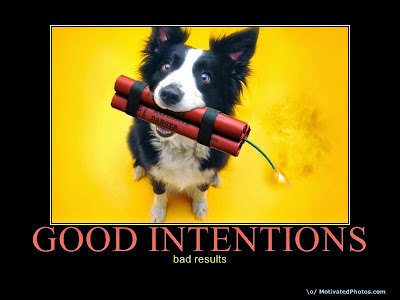Há anos que uso a metáfora do jogador amador de bilhar que só pensa na próxima jogada sem medir as consequências do que defende nas jogadas seguintes. Sim, karma is a bitch!
"When I was an undergraduate studying economics under Professor Arthur Smithies of Harvard, he asked me in class one day what policy I favored on a particular issue of the times. Since I had strong feelings on that issue, I proceeded to answer him with enthusiasm, explaining what beneficial consequences I expected from the policy I advocated.Trecho retirado de " Applied Economics - Thinking Beyond Stage One" de Thomas Sowell.
"And then what will happen?" he asked.
The question caught me off guard. However, as I thought about it, it became clear that the situation I described would lead to other economic consequences, which I then began to consider and to spell out.
"And what will happen after that?" Professor Smithies asked.
As I analyzed how the further economic reactions to the policy would unfold, I began to realize that these reactions would lead to consequences much less desirable than those at the first stage, and I began to waver somewhat.
"And then what will happen?" Smithies persisted.
By now I was beginning to see that the economic reverberations of the policy I advocated were likely to be pretty disastrous—and, in fact, much worse than the initial situation that it was designed to improve.
Simple as this little exercise may sound, it goes further than most economic discussions about policies on a wide range of issues. Most thinking stops at stage one. In recent years, former economic advisers to presidents of the United States—from both political parties—have commented publicly on how little thinking ahead about economic consequences went into decisions made at the highest level."


%2006.21.jpeg)













Sem comentários:
Enviar um comentário